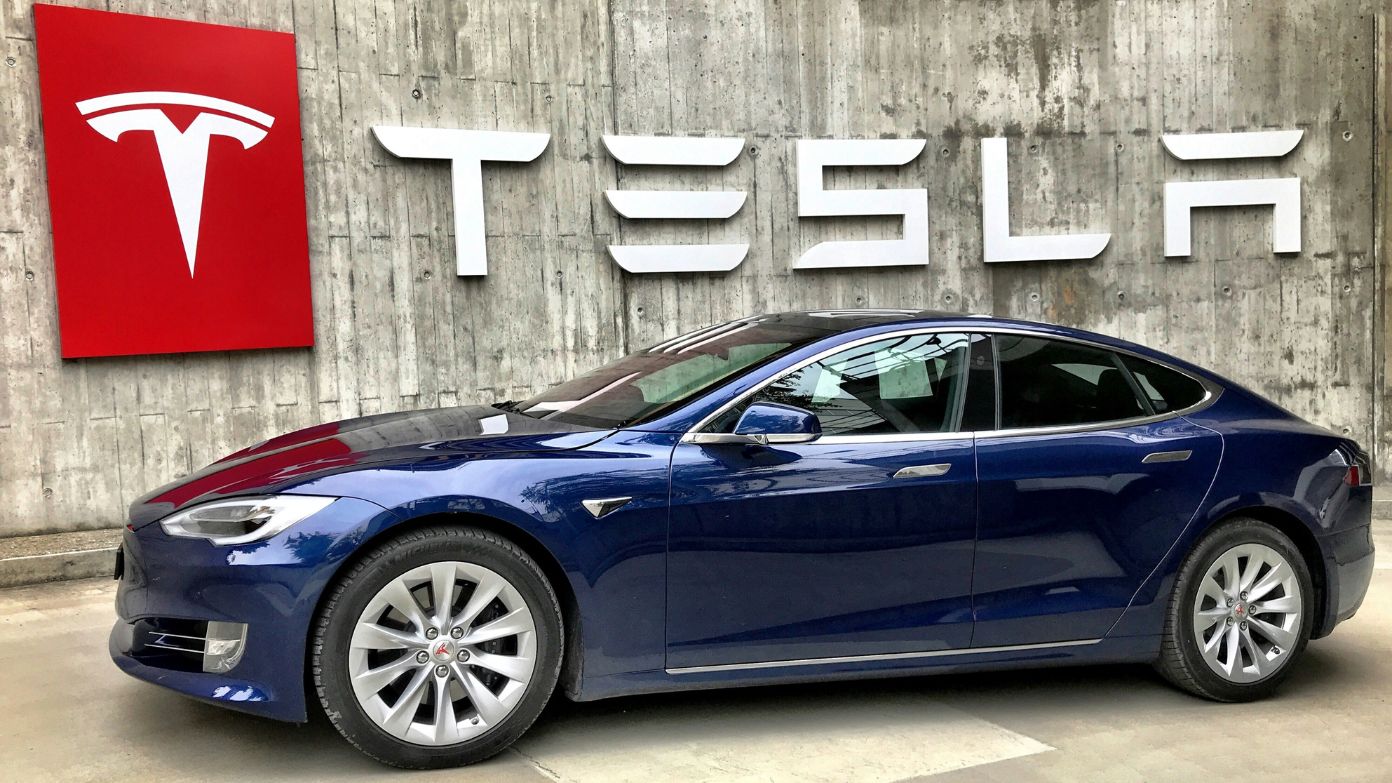Elon Musk is back on top — and with a milestone many thought impossible. In early October 2025, his net worth briefly crossed $500 billion, making him the first person ever to become a half-trillionaire. This isn’t just about being richest again — it’s about how his companies and the market moved, and what it means for the race among tech giants.
How did Musk reclaim the top spot?
Musk’s wealth surge came largely from a strong rally in Tesla stock. With over a 12 percent stake in Tesla, he benefits directly from every uptick.
Beyond Tesla, his holdings in SpaceX, xAI, and other ventures added fuel to the fire. SpaceX itself is reportedly valued near $400 billion.
At one point, Musk’s fortune touched $500.1 billion, before dipping slightly below that threshold as markets fluctuated.
During September, Oracle founder Larry Ellison briefly took over the top spot in the rankings, thanks to a strong run by Oracle stock. But Musk reclaimed the lead soon after.
Recommended:
Why it matters: half-trillionaire status
Reaching $500 billion is more than a brag — it’s symbolic. Musk is now the first person in history to reach that threshold, pushing the boundaries of wealth and influence.
This milestone also reinforces how tied his fortune is to the performance of his active companies. When Tesla’s stock rises, or when SpaceX or xAI draw attention from investors, Musk’s net worth responds quickly.
It also raises speculation about his capacity to become the world’s first trillionaire — many observers will be watching whether his gains can continue at this pace.
Who is right behind Musk now?
The closest competitor is Larry Ellison, whose wealth jumped thanks to Oracle’s strong performance and AI investments. Ellison’s sudden surge briefly unseated Musk in the rankings. Still, Musk’s position appears more secure now thanks to multiple powerful holdings — not just one company.
Recommended:
What this says about the tech and investment landscape
Musk’s return to the top highlights some trends:
- Concentration of wealth: A few tech titans control massive shares of value across multiple domains — electric vehicles, rockets, AI.
- High volatility: Net worths of billionaires can swing dramatically with stock markets. That $500 billion mark was brief.
- Investor confidence is important: So will Wall Street be optimistic about Tesla’s future, about the potential of private ventures like SpaceX, and about bets in AI? And this definitely can help push valuations upward or bring them downwards.
It’s not just a numbers game — it’s a signal about what investors believe in next: electrification, space, artificial intelligence, and more.
What lies ahead for Musk’s fortune?
If Musk can maintain this momentum, his next frontier may be crossing $1 trillion. A proposed compensation plan at Tesla could help push that, but it will require meeting ambitious goals over the next decade.
Of course, this journey is not guaranteed. Tech competition, regulation, operational hurdles, and market sentiment all pose risks.
What is clear though is this: Elon Musk’s return to the top has captured the world’s attention, and his move into half-trillion territory is a milestone few ever imagined.

